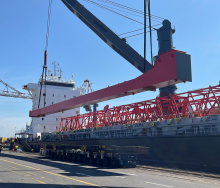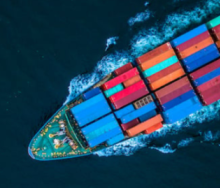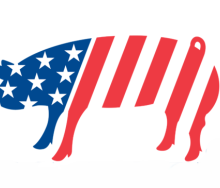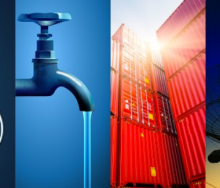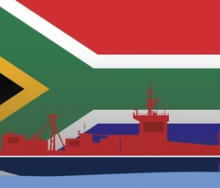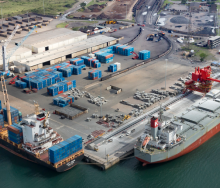The World Bank has called on all countries to act decisively to retain investor confidence and avoid the disruption of trade flows and global supply chains in the current uncertain global business environment.
The bank’s director of macroeconomics, trade and investment, Caroline Freund, said that tariff escalation coupled with a shock to investor confidence could reduce global exports by up to 3% (US$674 billion) and global income by up to 1.7% (US$1.4 trillion).
“A worldwide escalation of tariffs up to the limits permitted under existing international trade rules could lead to cumulative trade losses equivalent to those experienced during the global financial crisis in 2008-09, with particularly severe consequences for developing countries,” she said. “A major concern is that firms will delay investments because of uncertainty over market access, reversing the ongoing recovery in global trade and investment.”
Freund pointed out that while new trade tariffs could be beneficial to developing countries at first glance, due to increased preference margins and demand in the US and China for substitutes, the gains would be offset by shaken investor confidence resulting in negative income effects for all regions.
“Our analysis also looks at the economic impact on the world’s biggest economies to better understand the impact on developing countries,” she said. “China and the US could lose up to 3.5%, US$426 billion, and 1.6%, US$313 billion, respectively.”
She noted that the improved credibility of future policies could be achieved by deepening their commitments to multilateral fora such as the World Trade Organisation and regional trade agreements.


